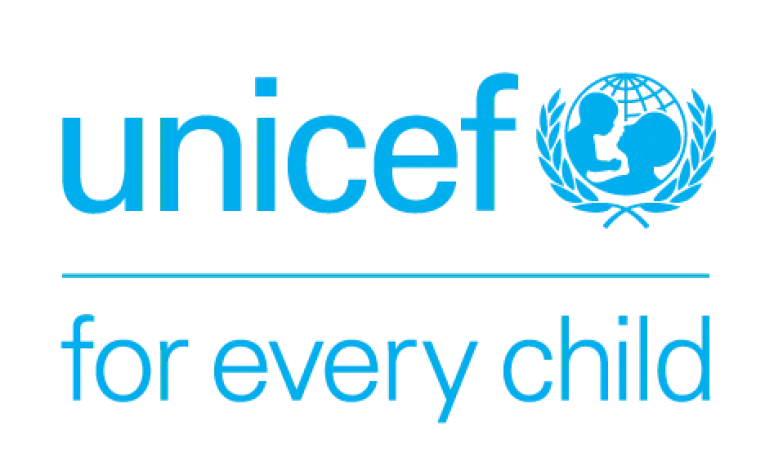By 2050, four out of every ten children in the world will be living in Africa, according to a new projection by the United Nations Children’s Fund (UNICEF). This significant demographic shift presents both a challenge and a powerful opportunity for African countries and development partners to invest in the continent’s youngest generation.
UNICEF Ghana made the announcement in a statement marking the Day of the African Child, observed every year on June 16. The agency emphasized that in Ghana, children already represent around 45% of the population — a statistic that highlights the urgency of prioritizing their rights and well-being.
“This Day of the African Child is more than just a commemoration; it’s a critical call to action,” said Mr. Osama Makkawi Khogali, UNICEF Country Representative in Ghana. “We face an urgent need to invest in foundational learning, health, nutrition, protection, digital inclusion, and job-readiness. Equipping this generation is essential not just for them to survive, but to truly thrive.”
The Day of the African Child honours the brave students who led the 1976 Soweto Uprising in South Africa, protesting against an unequal education system. Today, the day stands as a powerful reminder of the ongoing need to promote the rights and welfare of African children, as enshrined in the African Charter on the Rights and Welfare of the Child.
UNICEF’s statement called on governments, communities, and individuals to renew their collective commitment and accountability. It emphasized that ensuring every child in Ghana and across Africa has access to quality education, healthcare, protection, dignity, and opportunity is not just essential for national development, but for the future of the world.
As the world’s leading child rights organization, UNICEF works in over 190 countries and territories to support every child’s right to health, education, and protection. The organization remains committed to ensuring no child is left behind.

